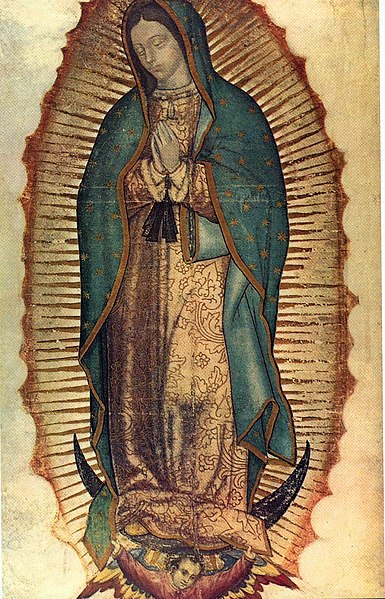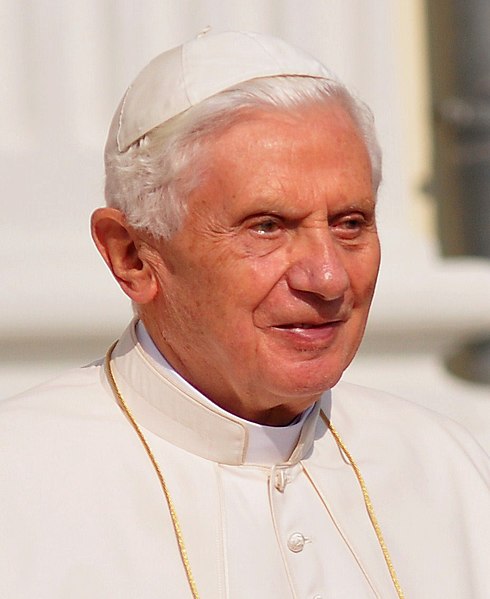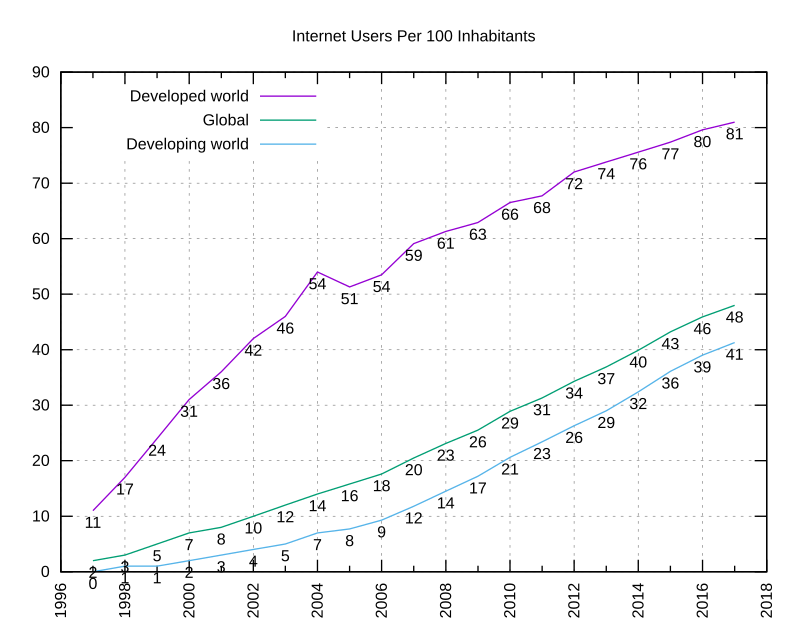Pentecost, Sir Anthony van Dyck, 1618-20 [Web Gallery of Art]
Pentecost Sunday, at the Vigil Mass (Saturday evening)
NB The Vigil Mass has its own prayers and readings. Those for the Mass During the Day on Sunday
should not be used – though many priests seem to be unaware of this. It is incorrect to refer to the Vigil Mass as an ‘anticipated Mass’. It is a celebration proper to
the evening before Pentecost Sunday. The Vigil Mass also fulfills the Sunday
obligation.
Readings
(New
American Bible: Philippines, USA)
Readings
(Jerusalem Bible: Australia, England & Wales, India
[optional], Ireland, New Zealand, Pakistan, Scotland, South Africa) [This link is to the readings for the Vigil Mass and for the Mass on Sunday]
Pentecost Sunday, Mass During the Day
Readings
(New
American Bible: Philippines, USA)
Readings
(Jerusalem Bible: Australia, England & Wales, India
[optional], Ireland, New Zealand, Pakistan, Scotland, South Africa)
Gospel
John 20:19-23 (Revised Standard
Version – Catholic Edition)
On the evening of that day,
the first day of the week, the doors being shut where the disciples were, for
fear of the Jews, Jesus came and stood among them and said to them, "Peace
be with you." When he had said this, he showed them his hands and his
side. Then the disciples were glad when they saw the Lord. Jesus said to them again, "Peace be with
you. As the Father has sent me, even so I send you." And when he had said
this, he breathed on them, and said to them, "Receive the Holy Spirit. If
you forgive the sins of any, they are forgiven; if you retain the sins of any,
they are retained."
The Holy Spirit with the Holy Family, Juan
Simón Gutiérrez [Web Gallery of Art]
About 20 years ago I was asked to celebrate Mass for a group of girls aged around 14 from a Catholic school in Cebu City in the central Philippines. They were having a recollection day in a retreat house. I made myself available for confession about 30 minutes before Mass. It soon became clear to me that many wanted to go to confession and after half an hour I went to the teacher and suggested we wait a while before starting Mass.
As the girls continued to come, some also sharing problems, I realized that this was their need. I spoke again to the teacher and suggested that we not have Mass that afternoon but that we arrange for one in school a few days later. She readily agreed.
These youngsters were experiencing God's infinite loving mercy and recognised that. Pope Francis has been highlighting this ever since he was elected. One prominent Italian journalist, Andrea Tornielli has even written about what he calls Mercy. The first encyclical of Pope Francis.
In his homily yesterday, Friday, at his Mass in St Martha's, where he lives, Pope Francis spoke again about God's mercy. In his homily he said, Peter was saddened that, for a third time, Jesus asked him, “Do you love me?” This pain, this shame – a great man, this Peter – [and] a sinner, a sinner. The Lord makes him feel that he is a sinner – makes us all feel that we are sinners. The problem is not that we are sinners: the problem is not repenting of sin, not being ashamed of what we have done. That's the problem. [My emphasis.]
Pope Francis added, Peter let himself be shaped by his many encounters with Jesus and this 'is something we all need to do as well, for we are on the same road,' the Holy Father said, stressing that 'Peter is great, not because he is good, but because he has a nobility of heart, which brings him to tears, leads him to this pain, this shame - and also to take up his work of shepherding the flock.' [My emphasis]
Regular confession is an ongoing encounter with the loving Jesus in which he shapes us. Pope Francis notes that 'Peter let himself be shaped'. We make a decision each time we go to confession, a decision that's not always easy to make. But Jesus never spurns us.
On 28 April Pope Francis confirmed a group of young people from different countries. The last of three points he made in his homily was this: And here I come to my last point. It is an invitation which I make to you, young confirmandi, and to all present. Remain steadfast in the journey of faith, with firm hope in the Lord. This is the secret of our journey! He gives us the courage to swim against the tide. Pay attention, my young friends: to go against the current; this is good for the heart, but we need courage to swim against the tide. Jesus gives us this courage! There are no difficulties, trials or misunderstandings to fear, provided we remain united to God as branches to the vine, provided we do not lose our friendship with him, provided we make ever more room for him in our lives. This is especially so whenever we feel poor, weak and sinful, because God grants strength to our weakness, riches to our poverty, conversion and forgiveness to our sinfulness. The Lord is so rich in mercy: every time, if we go to him, he forgives us. Let us trust in God’s work! With him we can do great things; he will give us the joy of being his disciples, his witnesses. Commit yourselves to great ideals, to the most important things. We Christians were not chosen by the Lord for little things; push onwards toward the highest principles. Stake your lives on noble ideals, my dear young people! [Emphases added.]
Receive the Holy Spirit. If you forgive the sins of any, they are forgiven.
Among other things, the coming of the Holy Spirit at Pentecost has given us the beautiful expression of God's mercy that is the sacrament of confession/reconciliation/penance.
One of my greatest joys as a sinner is receiving forgiveness in confession from the priest, who absolves me in the name of the Father, Son and Holy Spirit, that is with God's full authority. One of my greatest joys as a priest is to welcome a fellow sinner, whether young or old, whether one who comes frequently to confession or is returning after many years, and to assure that sinner of God's mercy and absolving my fellow pilgrim in the name of that merciful God.
Veni, Creator Spiritus (Come, Holy Ghost, Creator)
At the opening of the conclave that elected Pope Francis
Veni Creator Spiritus,
Mentes tuorum visita,
Imple superna gratia,
Quæ tu creasti pectora.
Come, Holy Ghost, Creator, come.
From thy bright heavenly throne!
Come, take possession of our souls.
And make them all Thine Own!
Qui diceris Paraclitus,
Altissimi domum Dei,
Fons vivus, ignis, caritas,
Et spiritalis unctio.
Thou who art called the Paraclete,
Best gift of God above,
The Living Spring, The Living Fire,
Sweet Unction, and True Love!
Tu septiformis munere,
Digitus paternæ dexteræ,
Tu rite promissum Patris,
Sermone ditans guttura.
Thou who are sevenfold in Thy grace,
Finger of God's right hand,
His Promise, teaching little ones
To speak and understand!
Accende lumen sensibus,
Infunde amorem cordibus,
Infirma nostri corporis,
Virtute firmans perpeti.
O guide our minds with thy blest light,
With love our hearts inflame,
And with thy strength, which ne'er decays,
Confirm our mortal frame.
Hostem repellas longius,
Pacemque dones protinus:
Ductore sic te prævio
Vitemus omne noxium.
Far from us drive our hellish foe,
True peace unto us bring,
And through all perils guide us safe
Beneath thy sacred wing.
Per te sciamus da Patrem,
Noscamus atque Filium,
Teque utriusque Spiritum
Credamus omni tempore.
Through Thee may we the Father know,
Through Thee the Eternal Son,
Thee the Spirit of them both
Thrice blessed Three in One.
Deo Patri sit gloria,
Et Filio, qui a mortuis
Surrexit, ac Paraclito,
In sæculorum sæcula. Amen.
All glory to the Father be
With his co-equal Son;
The same to thee, great Paraclete,
While endless ages run.










